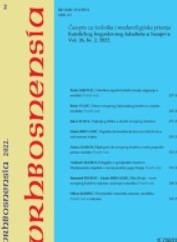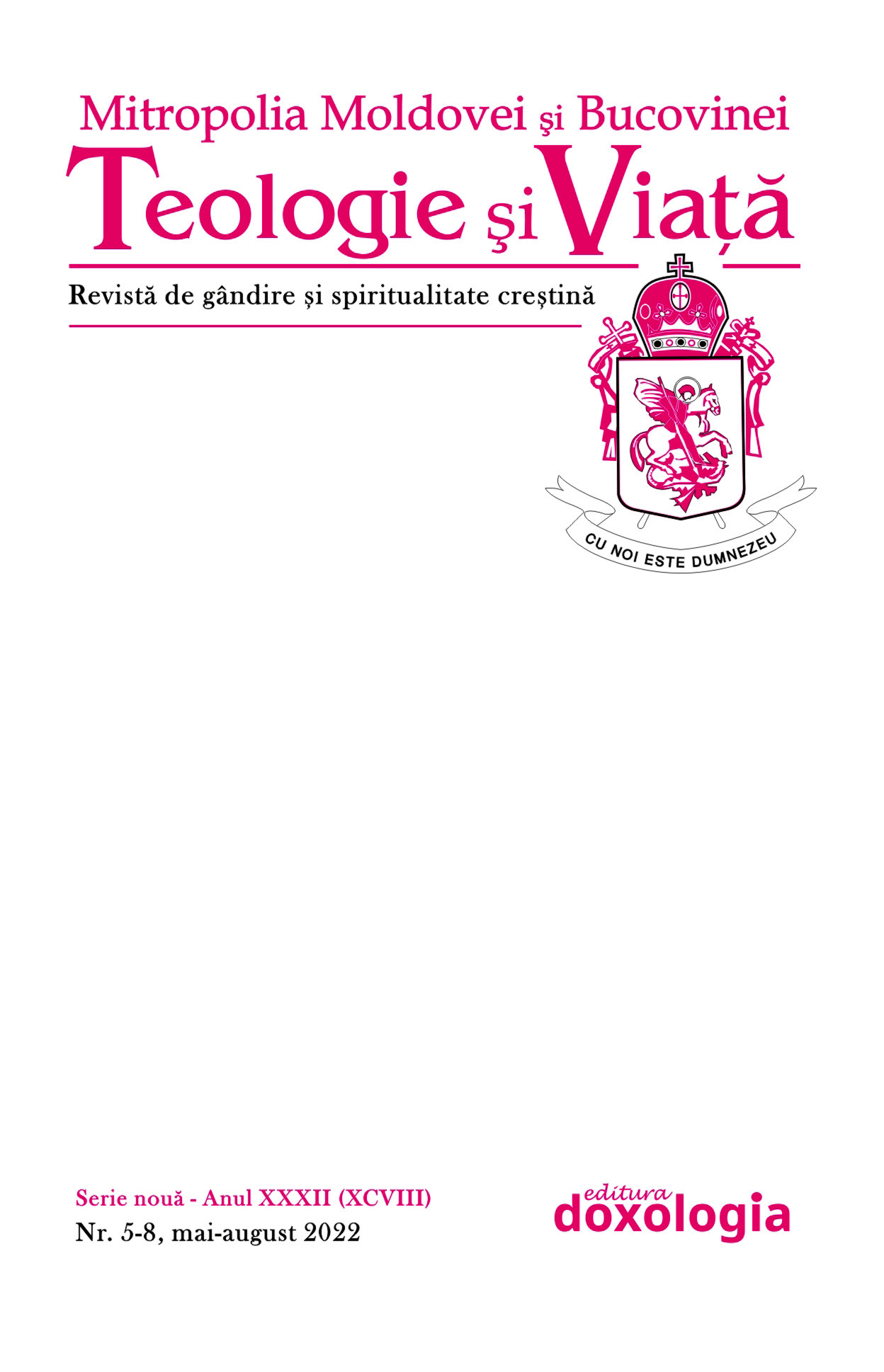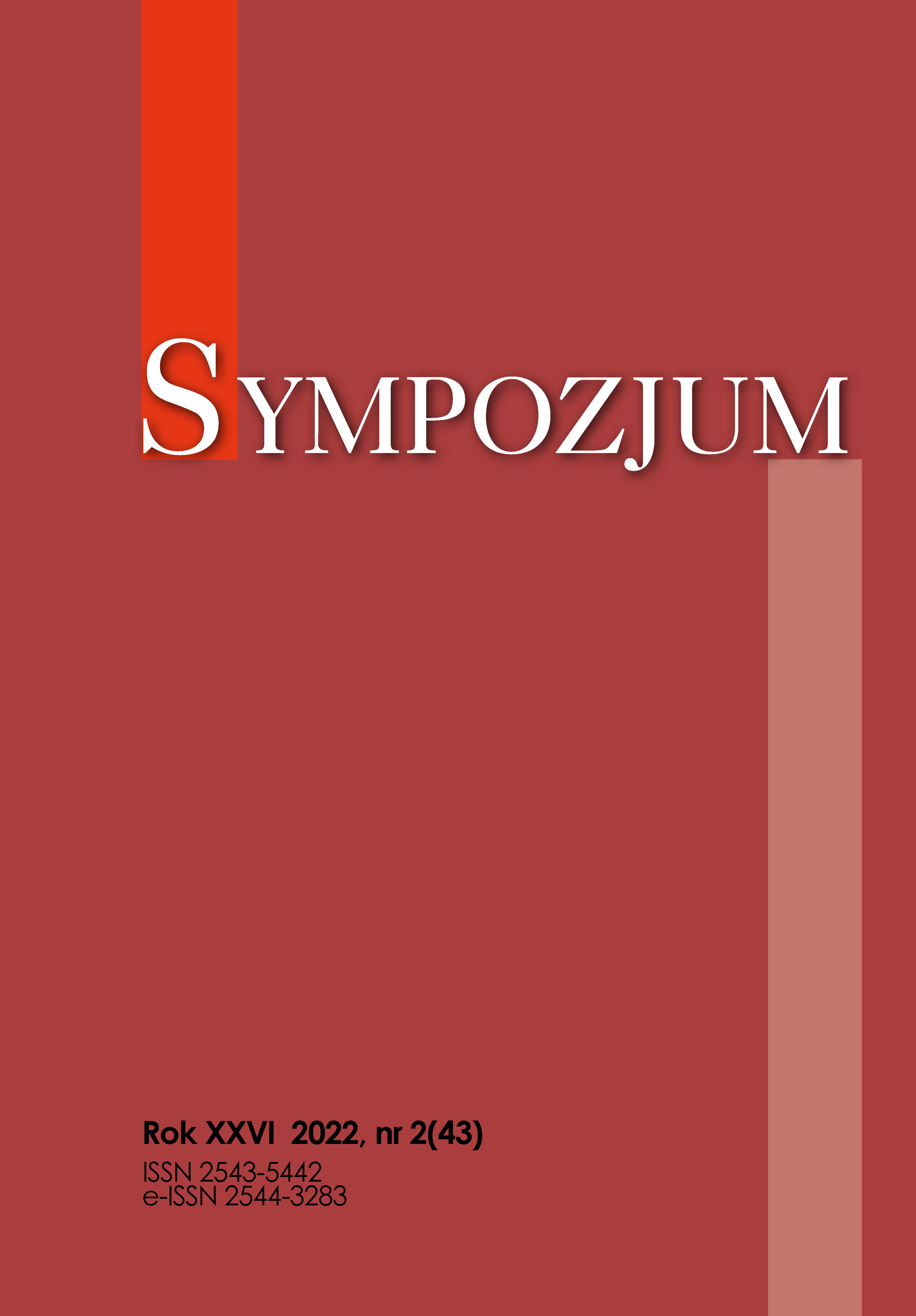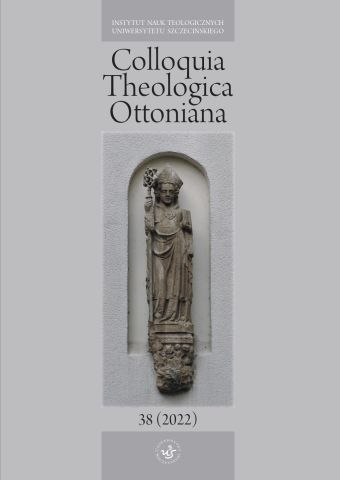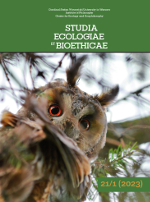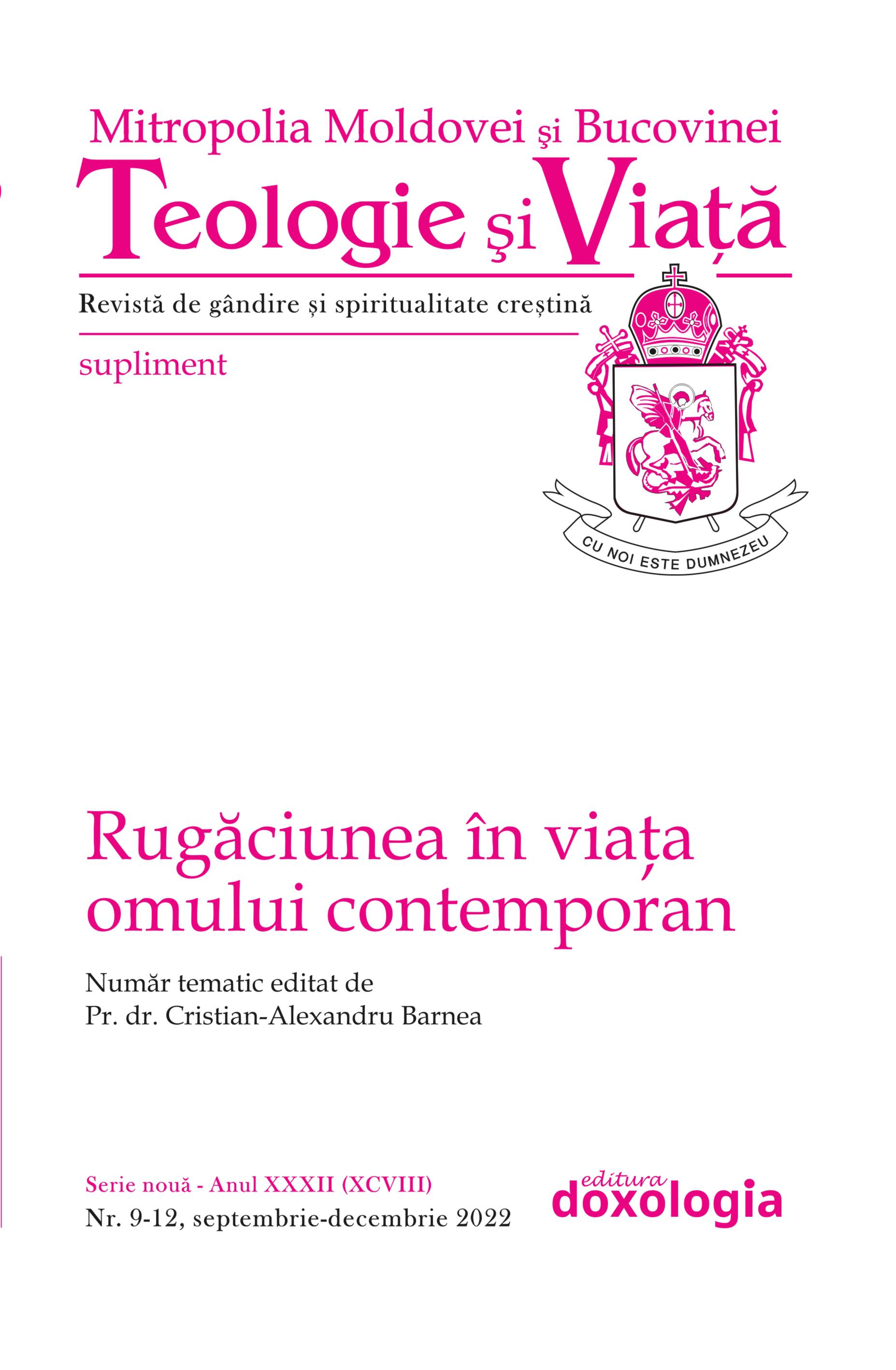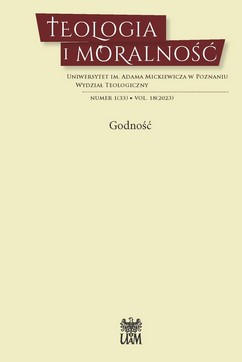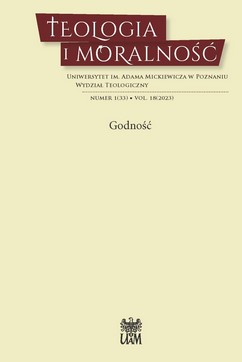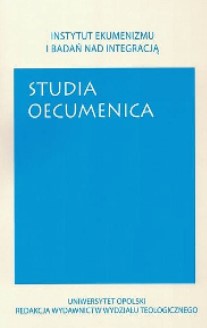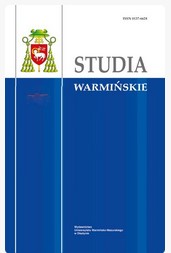Author(s): Radosław Rybarski / Language(s): Polish
Issue: 2/2022
The aim of this article is to present the culture of vocations, i.e. such a view of a person that enables a given person to discover and implement the unique vocation that God in His love proposes to that person. In the introductory part of the text, the basic concepts of the pastoral care of vocations will be presented. The main part is the analysis of vocational culture. It is about a culture that helps pupils to understand and accept the gift of humanity received from God and to grow up to holiness, that is, to such a measure of maturity in being a human being that is God's desire and which is a condition for discovering and implementing a specific vocation, that is, the vocation to be a spouse and parent, priest or consecrated person. The last part of this article describes such a lifestyle of the pupils in relation to the body, human sexuality, sexuality, moral, spiritual, religious and social spheres, which makes it possible to build a holy humanity in oneself, and thus become someone capable of faithfully fulfilling one's particular vocation.The issues related to the formation of candidates for the priesthood and the permanent formation of priests are still topical and probably will not cease to be so. The lack of internal integration of the person called is the cause of priestly crises, which affect not only the spiritual but also the emotional-cognitive, relational and even somatic sphere. The problems of the following article focus on some of the causes that hinder the process of personality integration. In order to search for these causes, the context of the psychological functioning of priests was presented, the tendencies revealed in the attitude to psychological examinations in the seminary in alumni, which indicate numerous dissimulations. Incorrect (inconsistent with the truth) self-perception becomes the cause of compensatory behavior, which, in time, can become the cause of crises, diseases or mental disorders.
More...
